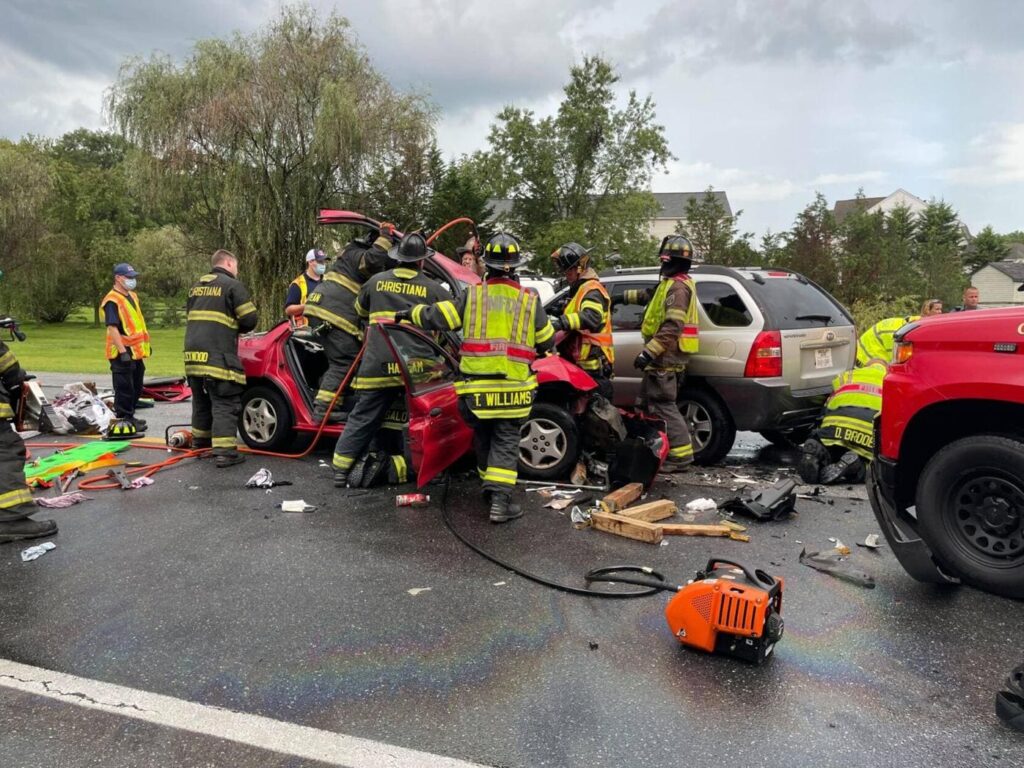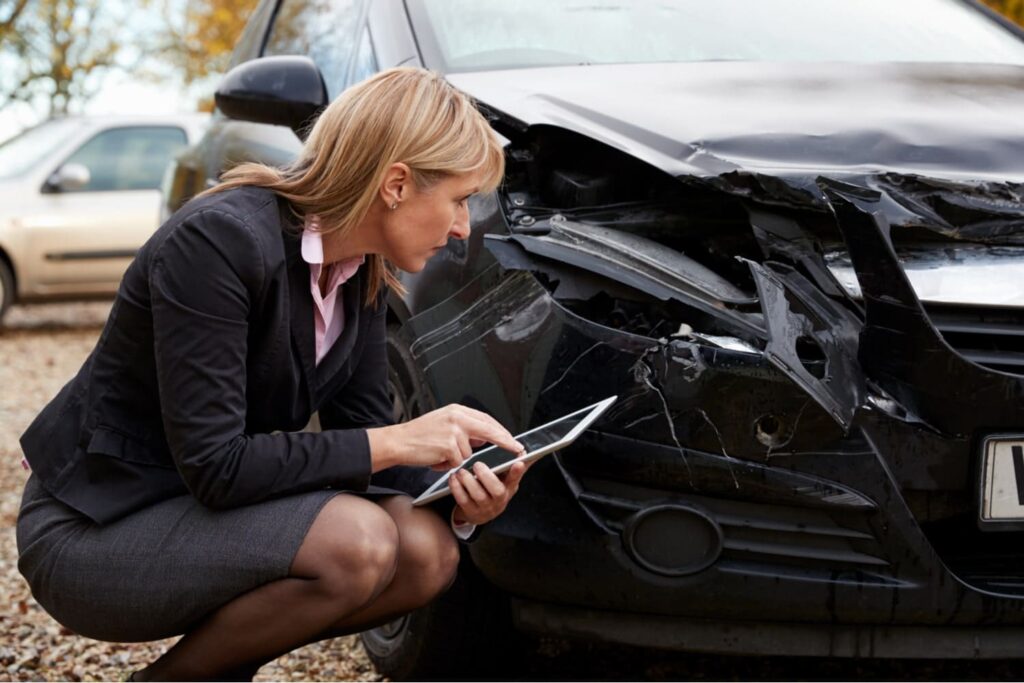Most people connect workers’ compensation to incidents where someone is hurt on the job by equipment or falls.
What about a worker who gets injured in a car accident, though? Due to the rise in delivery services brought on by online shopping and restaurant delivery, more people are now driving for a living. It’s critical to comprehend your legal options if you sustain injuries in a car collision while on the job.
If you’ve ever been hurt at work, you’re probably aware of the idea of workers’ compensation (often known as “workers’ comp”). But is this your only option? You might be able to seek complete reimbursement from other sources in some situations.
You might be eligible for benefits from workers’ compensation, we’ll go through the fundamentals of workers’ compensation claims.
This article will outline the situations in which workers’ compensation is applicable.
WHAT TYPE OF DAMAGE INCLUDES WORKER’S COMP?
Keep in mind that workers’ compensation only covers your out-of-pocket expenses, such as medical bills and lost wages for those who get injured while driving for a company or doing some type of delivery for the company, and workers’ compensation benefits do not cover damage to real property. This means that even if you were conducting an errand at the behest of your employer, they are not liable for paying for any auto damages. You must file a civil claim if you want compensation for car damage.
Typical justifications for driving while employed include:
- Delivering a message
- Running an errand for the job
- Driving a coworker for business-related purposes
- Traveling to training sessions or other, professional events
- Customers with transportation, such as
# Driving to distant jobs
# Using a business vehicle to perform other job-related tasks
For instance, whether or not you were at fault for the accident, workers’ compensation will likely pay your medical expenses and missed wages if you are employed to drive a delivery truck and are involved in an accident while doing so.

Most employers must comply with the no-fault insurance requirement of workers’ compensation under state law. Generally speaking, if a worker is injured at work (slip and fall, hurt by machinery, car accident, etc.).
The procedure for obtaining workers’ compensation insurance money differs from other personal injury claims because it does not call for evidence of an employer’s (or anyone else’s) negligence. Despite the fact that the employee was technically at fault for the occurrence, workers’ compensation will nonetheless pay benefits.
Workers’ compensation insurance serves the following purposes :
- Pay the injured worker’s medical bills and missed pay; Assist the injured worker’s recovery and return to work;
- Keep legal proceedings for personal injury claims resulting from employment mishaps or conditions out of the way;
- Maintain the relationship between employers and employees.
The injured worker receives compensation a lot faster than they would if they had to file a lawsuit against their company and wait for a financial award or settlement.
A worker who sustains an accident is entitled to all medically necessary care under the terms of workers’ compensation, as well as 2/3 of their income for any lost time at work as a result of the injury. If the employee is unable to resume their previous responsibilities, “light duties” may be an option. Depending on the severity of the condition, a worker who is temporarily, permanently, partially, or entirely disabled may be entitled to compensation.

TYPICAL JUSTIFICATIONS FOR DENYING AUTO ACCIDENT WORKERS’ COMPENSATION CLAIMS
Accidental incidents involving corporate vehicles: The Injured Worker is Not an Employee.
- If a vehicle on the job site injures a bystander, vendor, or other parties who are not deemed to be an “employee” for the purposes of workers’ compensation, or if the bystander was operating a business vehicle when they were involved in an accident, they will not be covered by workers’ compensation. However, the employer’s general liability and commercial auto insurance may pay out.
- The injured employee was not hurt while doing their job duties.
An employee hurt in or by a corporate vehicle may not be entitled to workers’ compensation benefits in a number of situations.
The Injured Worker is Not an Employee’s injury involving company vehicle accidents in the course of employment. The purpose of workers’ compensation is an employee must get injured on a job site by a car or truck or was driving a company car or truck and was injured in an accident, they will not be covered under workers’ compensation. The employers’ premises liability insurance and/or commercial auto insurance may payout, however.
- Driving a company car without permission
Employees who operate corporate vehicles while injured are not entitled to workers’ compensation benefits if the employer did not direct them to do so. However, if the employer knew the employee was using a corporate car without permission or authorization and did nothing about it, the employee should be protected.
- Engaging in Illegal Activity Near or Inside a Company Vehicle
Workers’ compensation does not apply if an employee is harmed in or by a business vehicle while engaging in criminal activity.

PERIOD OF LIMITATION TO APPLY FOR WORKER COMPENSATION
You have one, two, or even five years to launch a civil action in a personal injury case (varies by state). The requirements of time in a workers’ compensation claim are frequently substantially shorter.
In many cases, you must notify your employer of an on-the-job injury within a few days, or sometimes even right away. If you don’t fulfill those criteria, your employer might be able to refute your claim.
IF MY WORKERS’ COMPENSATION CLAIM WAS REJECTED, CAN I APPEAL?
Yes. You can appeal to the workers’ compensation court in your area if your claim is originally dismissed and you believe you are entitled to benefits under the workers’ compensation system. Many compensable medical claims—particularly those made by injured workers themselves — are initially rejected or paid insufficiently
For any further inquiry or medical service Consult our specialists at Speciality Care Clinics for claiming your worker compensation. Consult our Auto injuries Specialists at 469-545-9983.
